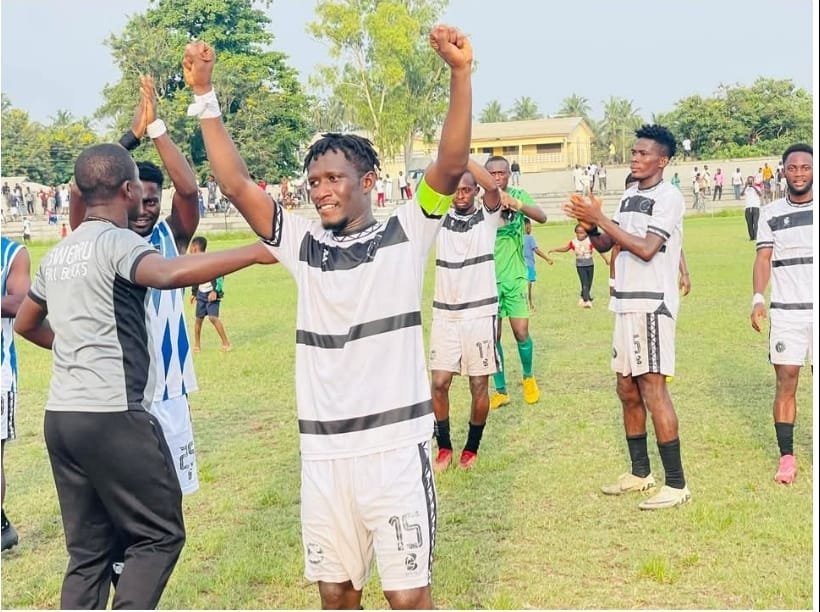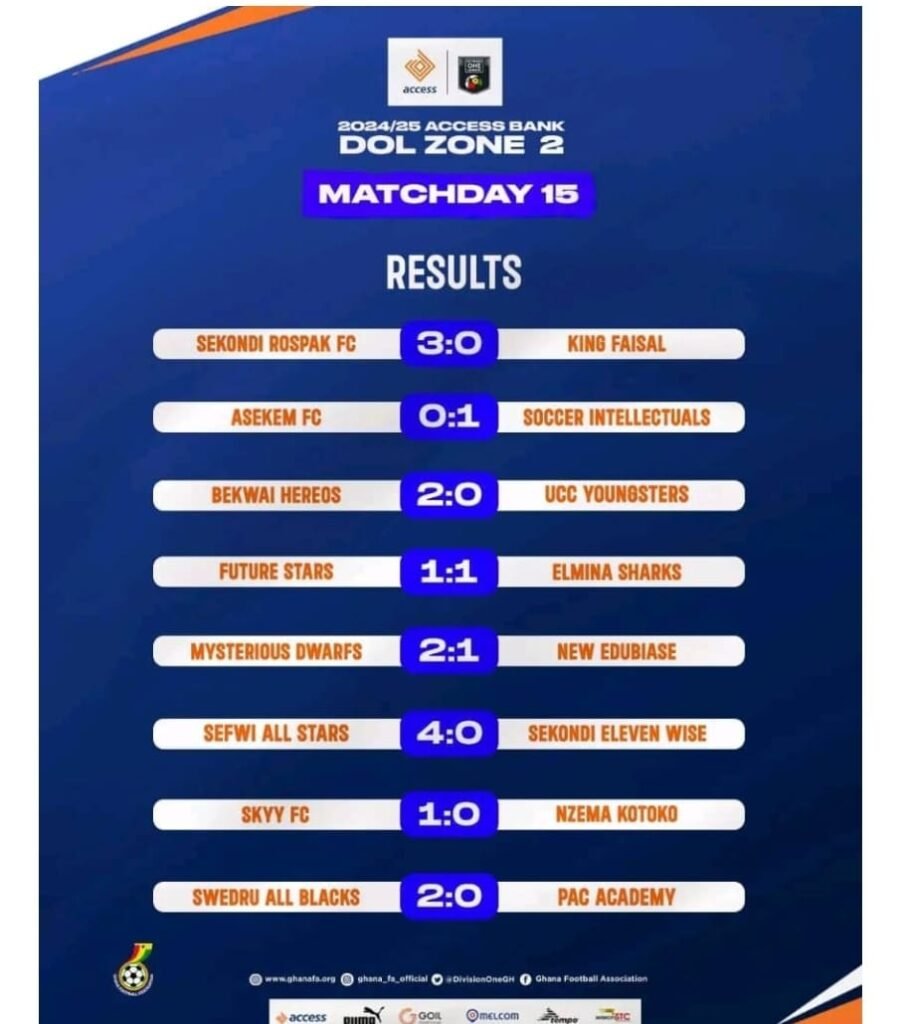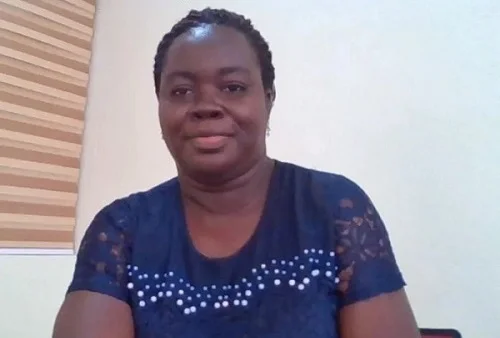Hot!
Alan knows he can’t win, he can possibly be a kingmaker – Dr Asah-Asante

A Senior Political Science lecturer at the University of Ghana, Dr Kwame Asah-Asante, has stated that neither the movement by the former Trade Minister, Alan Kyerematen or any other party or individual can win the December 2024 elections.
According to him, Ghana’s two-party system will take a long time to pave way for any third force as has been the case in most two-party systems across the world.
Speaking on JoyNews’ PM Express on Wednesday November 22, 2023, following the dismissal of some four New Patriotic Party (NPP) members for supporting Alan Kyerematen’s independent candidacy, Dr Kwame Asah-Asante noted that,“ a third force is a difficulty.
“In other jurisdictions, when you have two strong parties, that is a two-party system, you realize that other parties have been dwarfed. It will take a very long time for you to get a third force “he argued.
Asked whether December 2024 was that time for Ghana, he replied, “No, it is not.”
“A third force is actually a function of proportional representation. When you have such a system, it produces results such as that, and you can get evidence in Germany, Israel, Belgium and the rest of them.”
He, however, noted that in the case of Ghana, until the electoral system changes, the two main parties will continue to remain supreme.
“Other parties will continue to be eclipsed and they’ll be dwarfed.
So movements like that of Alan, the best they can do is to get some significant votes, add to other existing parties to be able to push elections into a second round. That is the best that they can do. We did some work, and if you look at the statistics, from 1992 up to 2020, all the other political parties put together in terms of their average performance, did not go beyond 4%,” he noted.
“So if you are talking about an individual who’s going to come in and cross the threshold of 50% and beyond, I am afraid that is not what Mr Alan Kyerematen is working for. He himself knows that it won’t work.”
What he [Alan Kyerematen] knows is that he can be a kingmaker by pushing the election to a second round where all those who are launching attacks against him that he’s not a candidate for this election and all that will go to him on their knees, that’s all that he’s fighting for. But for winning, he knows that it will not work,” Dr Asah-Asante stated emphatically.
But even on the ability of Mr Kyerematen to push the election into a second round, the Political Science lecturer said it was too early to make that prediction.
Hot!
Swedru All Blacks back to winning ways, Roshan humble King Faisal

Sekondi Rospak FC made it eight wins in eight successive home games after three second-half goals from John Amoah, Joseph Ntow and Stephen Anthony Kofi. John Amoah opened the scoring in the 55th minute after a barren first half. Joseph Ntow added to the tally in the 56th minute before Stephen Anthony Kofi rounded things up in the 74th minute to give Rospak a 3-0 win over former Premier League side King Faisal.
Elsewhere at Swedru – leaders Swedru All Blacks humbled PAC Academy in an emphatic 2-0 win. Zayat Bubakari scored first for Swedru All Blacks in the 27th minute before Rudolf Junior Nana Kwasi Mensah made it 2-0 in the 34th minute. Swedru All Blacks are top of the table with 36 points – 4 points ahead of second placed Rospak FC.
Meanwhile, Former Premier League side Cape Coast Mysterious Dwarfs recorded their fourth successive home victory after beaten New Edubiase United 2-1 at the Robert Mensah Park. Enoch Odoom struck first for Cape Coast Mysterious Dwarfs in the 19th minute but Steven Asante equalized for New Edubiase United before halftime. After the interval, Godfred Eshun scored from distance in the 65th minute to help Cape Coast Mysterious Dwarfs secure all the points.
Here are the results in Zone Two

Hot!
Cervical Cancer alert: Avoid sex at early age

The Programmes Manager of Non-Communicable Diseases (NCDs) of the Ghana Health Service (GHS), Dr Mary Efua Commeh, has advised young girls to avoid sex at an early age.
This, she explained, will give the cervix the opportunity to mature before they become sexually active.
“You need to delay what we call the first sexual intercourse as much as possible to give the cervix the opportunity to mature before the person becomes sexually active,” she said.
Dr Commeh stated this in an interview with The Spectator in Accra on Tuesday as a part of the Cervical Cancer awareness month.
According to her, cervical cancer was the second leading female cancer in Ghana with a total of about 3,072 cases annually, and out of that, 1,815 deaths are recorded, representing more than 50 per cent.
She indicated that “If young girls are going to be sexually active, then you need to talk to your parents about being vaccinated.”
She explained that vaccinating young girls against human papillomavirus (HPV) has been found to be a very effective way of preventing cervical cancer.
“There are countries that started HPV vaccination years ago and they are not seeing any cervical cancers now because they would have eliminated most of the high-risk HPVs in their women. So if the high-risk HPV is not there, then obviously the results on cervical cancers are going to go down,” she added.
Dr Commmey said the HPV vaccination is recommended for young girls aged nine to 14 years, adding that it had been found to be highly effective, not just for cervical cancers but for other HPV-related cancers, such as anal cancers, cancers of the vagina, genital warts, amongst others.
She further elaborated that the idea is to put up a barrier before the HPV comes in and that once a young female encounters it, she is already protected.
She also mentioned that for cervical cancers, the main cause is called HPV infection, saying generally, all sexually active women acquire HPV at some point in their lives.
However, the Programmes Manager of NCDs at the GHS mentioned that the body has a way of clearing the HPV, explaining that it is a natural mechanism that goes on, unfortunately, there are a few women whose HPV persists.
Moreover, she noted that the numbers for Cervical Cancer tend to be much higher because at times, clients would wait, and try all sorts of medications before they finally report to the health facility saying “we actually lose some women before they get to the hospitals with over 75 per cent of the cases coming in its third and fourth stages.”
Dr Commey, therefore, called for public awareness while ensuring the availability of information for prevention and control.
By Jemima Esinam Kuatsinu







